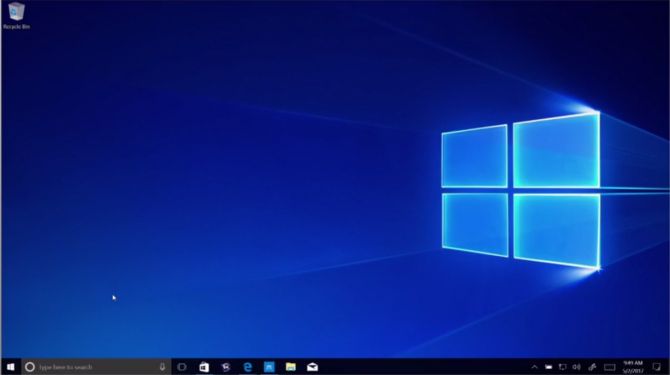Microsoft Making Windows Lite to Take on Chromebooks
We've long heard rumor of Microsoft making a new, lightweight version of Windows, and it appears to have a new name. According to a new report, Windows Lite is the internal codename for a new OS for Chromebook competitors and dual-screen devices.
Here's everything you need to know about Microsoft's latest operating system, from when we expect Windows Lite to release to what it resembles, and what hardware it will land on.
What Will Windows Lite Look Like?
A report from The Verge states that Windows Lite's "interface will be similar to Windows as it exists today," but incorporate aspects of Microsoft's giant Surface Hub display and its Windows Phone Continuum interface. Essentially, it could look like Windows but with greater touch optimizations.
MORE: How to Use Windows 10
When Is Windows Lite Coming?
Reports have long pointed at 2019 as the release date for Windows Lite. Hardware supporting Windows Lite may launch this year, and Microsoft's upcoming Build conference in May would be an optimal time for the company to formally tease or reveal any software or hardware coming this year.
Wait, Isn't This Polaris?
Probably. Originally, reports that came out in Jan. 2018 suggested that Microsoft was creating a lighter, more "modern" version of Windows, dubbed Polaris. Polaris was supposed to arrive on laptops, 2-in-1s and desktops, though, and Windows Lite doesn't appear to be.
According to The Verge, though, Windows Lite being designed for dual-screen devices, and others, similar to Chromebooks, which may show that Microsoft's focus has narrowed. The report goes on to say that "the longer plan is for Windows Lite to help the company better compete against Chromebooks."
Sign up to receive The Snapshot, a free special dispatch from Laptop Mag, in your inbox.
Who's Supporting Microsoft?
If you're wondering where these dual-screen devices are coming from, you're not alone. Last last year, we saw one of the first of this breed, in the Yoga Book C930. This device features a second, E-Ink screen, which gives users the option of keyboard, notepad and e-reader.
According to The Verge, Intel has been pushing hardware companies to create devices for this burgeoning hardware category.
Henry was a contributing writer at Laptop Mag. He penned hundreds of articles, including helpful how-tos for Windows, Mac, and Gmail. Henry has also written about some of the best Chromebooks, and he has reviewed many Apple devices, including various MacBook Air laptops. He is now a managing editor at our sister site Tom's Guide, covering streaming media, laptops, and all things Apple.

